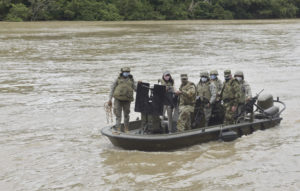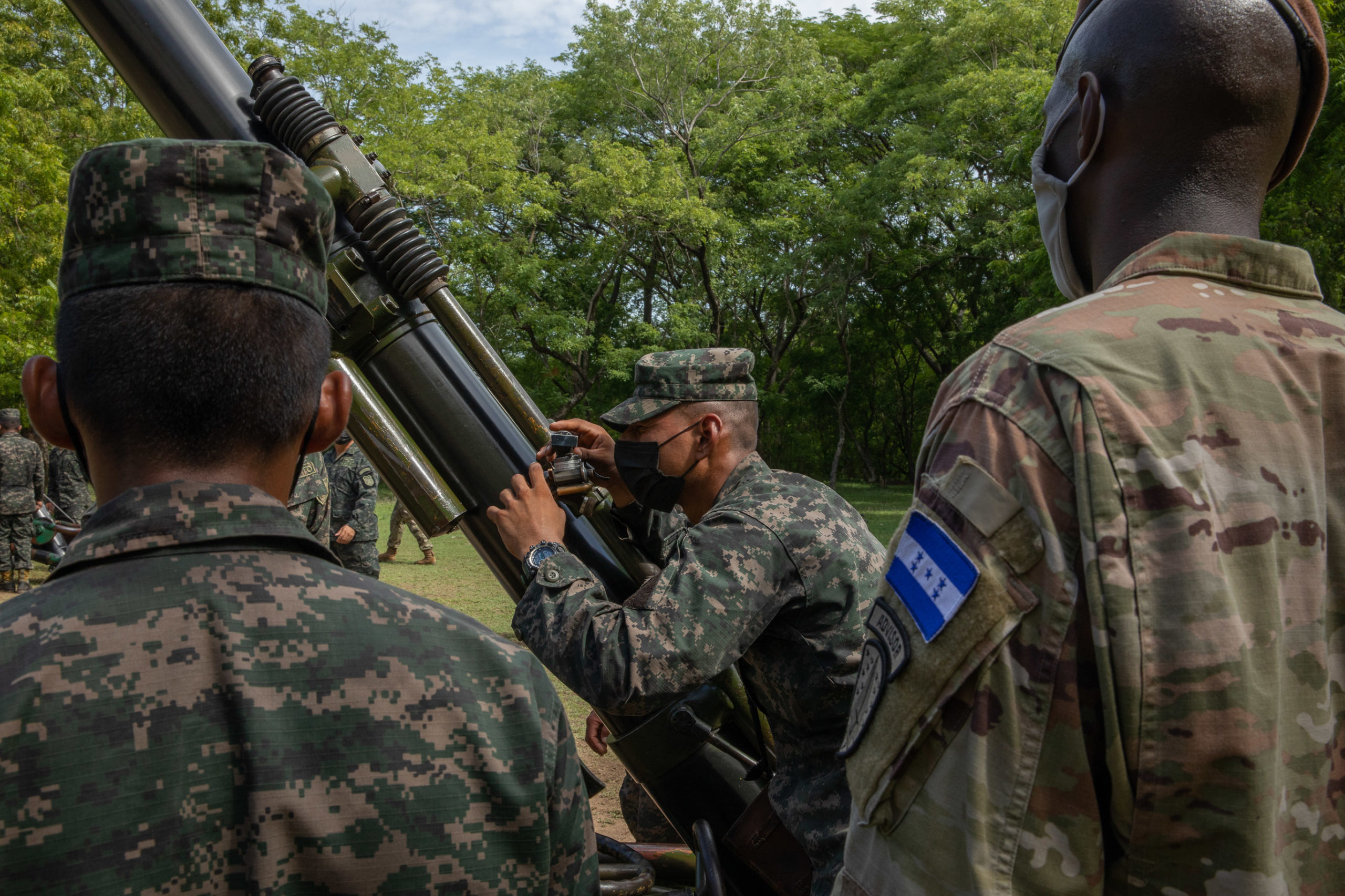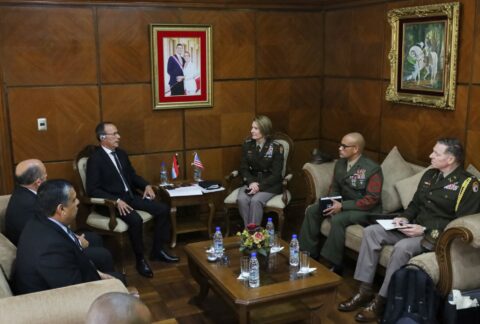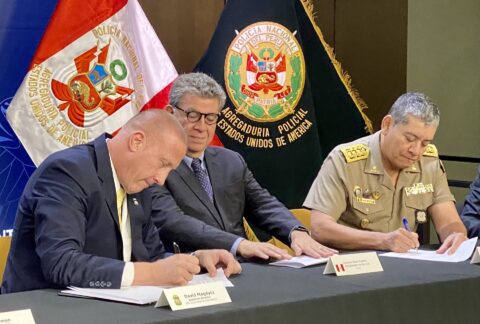In just four months of leading U.S. Southern Command, there’s one thing that’s become apparent to U.S. Army General Laura J. Richardson. The key to addressing security threats in South America, and by extension to the United States itself, doesn’t just lie with U.S. military but with the militaries of the partner nations already there.
“In my initial travels in the region, it has become obvious to me that our partners are our best defense,” Gen. Richardson told members of the House Armed Services Committee March 8. “We

must use all available levers to strengthen our partnerships with the 28 like-minded democracies in this hemisphere, who understand the power of working together to counter these shared threats.”
Threats in South America, Gen. Richardson said, include transnational criminal organization as well as the meddling of both China and Russia.
In South America, she said, China continues to expand economic, diplomatic, technological, informational, and military influence, which challenges U.S. influence in those areas.
“Without U.S. leadership, negative PRC [People’s Republic of China] influence in this region could soon resemble the self-serving predatory influence it now holds in Africa,” she said.
Also, a threat in South America is Russia, Gen. Richardson said.
“Russia, a more immediate threat, is increasing its engagements in the hemisphere, as Putin looks to keep his options open and maintain relationships in our neighborhood,” she said.
Earlier this year, Russian Deputy Foreign Minister Sergei Ryabkov said he could neither affirm nor exclude that Russia would send military assets to Cuba or Venezuela, Gen. Richardson told lawmakers.
Then, just days before the Russian invasion of Ukraine, Russian Deputy Prime Minister Yuri Borisov visited Venezuela, Nicaragua, and Cuba. All are nations Gen. Richardson said maintain close ties with Russia and which offer Russia a foothold in the Western Hemisphere.
“Finally, recent visits between the presidents of Brazil and Argentina with Putin in Russia, demonstrate a concerning potential broadening of Russian ties in the region,” she said.









